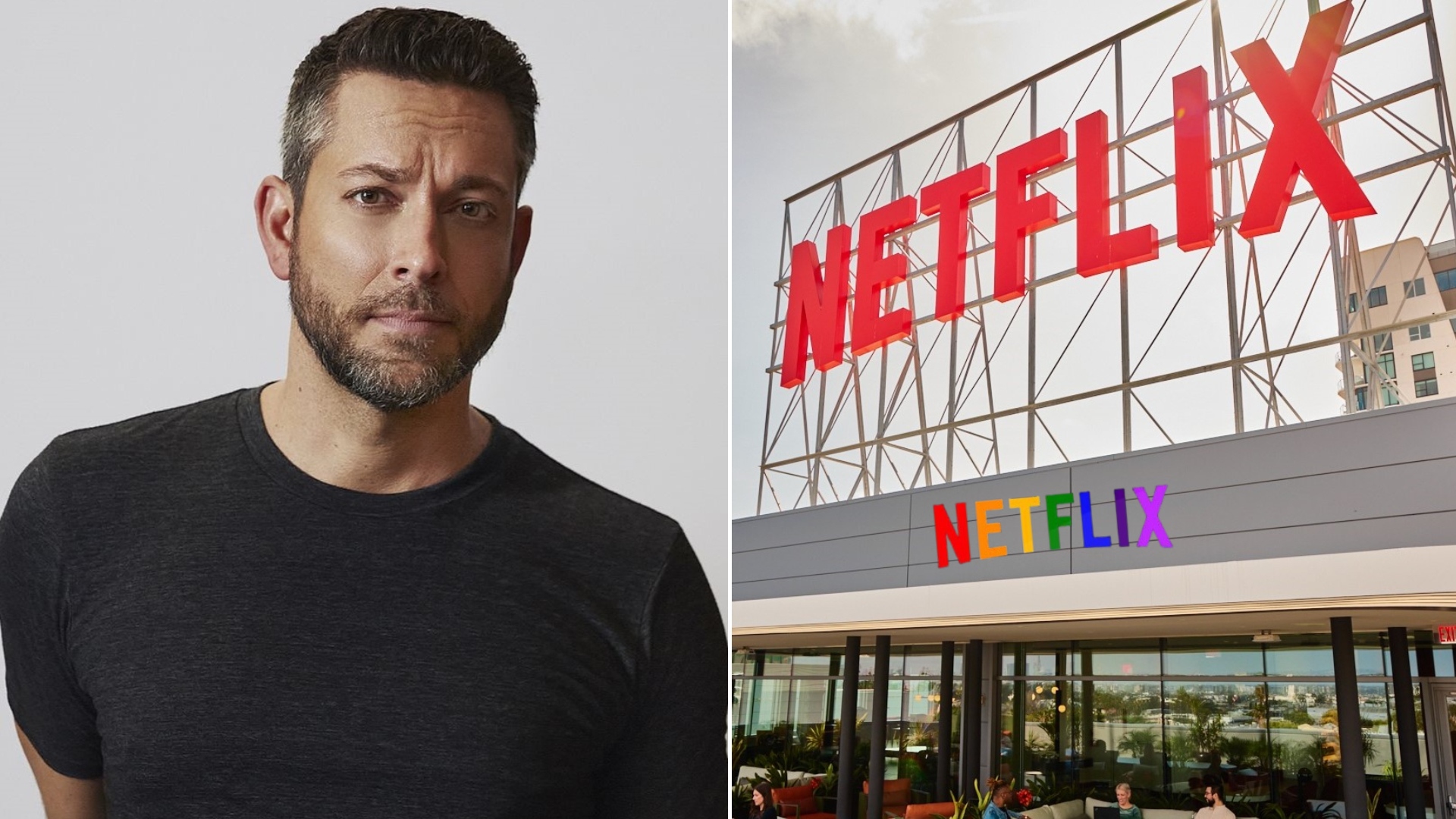In a surprising move that has sent shockwaves through both Hollywood and the entertainment industry, actor Zachary Levi has publicly turned down a massive $150 million deal with Netflix, citing his refusal to support what he describes as the “woke” agenda of the streaming giant. Levi, known for his role in the hit TV show *Chuck* and his portrayal of Shazam in the DC Universe films, expressed his strong opposition to Netflix’s approach to social and political issues, making it clear that he would never associate himself with a company that embraces what he perceives as “woke” ideologies.
The actor’s rejection of the deal has generated significant attention, not just because of the substantial sum involved, but also due to the growing tension between Hollywood and the increasing influence of political correctness in the entertainment industry. In an emotional statement shared across his social media platforms, Levi explained that while he appreciates the opportunities that Netflix has provided to many creatives, he could no longer align himself with the company’s values, which he believes are overly focused on progressive politics.
“I’ve been offered a deal that would have secured my future in Hollywood,” Levi said, “But I cannot, in good conscience, support a company that is driven by an agenda that pushes divisiveness, censorship, and a narrow view of reality.” Levi’s words echo the sentiments of several celebrities and public figures who have spoken out against what they see as the increasing politicization of entertainment, with an emphasis on promoting social justice issues at the expense of traditional entertainment values.
Netflix has long been a platform that promotes diversity, inclusivity, and social change, often using its influence to tackle issues such as racial inequality, LGBTQ+ rights, and gender equality. While many have lauded the streaming service for taking a stand on these issues, others, like Levi, argue that this commitment to progressive causes has led to a rise in content that is more focused on delivering a political message than on creating compelling entertainment.
For Levi, the tipping point appears to have been Netflix’s embrace of what is commonly referred to as “woke culture” — a set of beliefs centered around social justice, often characterized by political correctness, identity politics, and a focus on activism. Levi has made it clear that he supports equality and fairness for all individuals but believes that the growing emphasis on these issues within the entertainment industry has stifled creativity and pushed aside more diverse perspectives in favor of a singular narrative.
Levi’s decision to reject the Netflix deal also points to a larger cultural divide within the entertainment world. As the political landscape continues to polarize, many actors and filmmakers are finding themselves at odds with the direction that certain studios, streaming platforms, and production companies are taking. While some embrace the cultural shift, others, like Levi, feel that the focus on activism and political messaging has overshadowed the purpose of entertainment: to entertain and inspire without forcing a particular ideology onto audiences.
The timing of Levi’s decision is noteworthy, as Netflix has faced increasing criticism in recent years for what some view as its overemphasis on political correctness. The company has made headlines for a variety of controversial decisions, including casting choices based on diversity quotas and the promotion of content with overtly political messages. In addition, Netflix has seen several high-profile controversies surrounding the inclusion of sensitive or polarizing topics in its content, which has led some viewers to call for boycotts or subscriptions cancellations. These tensions have only grown in the wake of the 2020 U.S. elections and the broader cultural movement around social justice.
Levi’s rejection of the deal sends a strong message that some within the entertainment industry are growing increasingly frustrated with what they see as the erosion of artistic freedom in favor of a political agenda. The actor’s stand is also likely to spark debates about the role of corporations in shaping the content we consume and the responsibility of creators to balance their artistic vision with the desire to avoid controversy or alienate audiences.
Despite the controversy surrounding his decision, Levi has garnered support from a segment of the public who share his frustrations with the direction of Hollywood and the entertainment industry. Many have praised his courage to take a stand against what they see as an overbearing, “woke” culture that has taken hold of much of the media landscape. At the same time, others have criticized his rejection of the Netflix deal, arguing that it was a missed opportunity to engage with a platform that has given a voice to many marginalized groups and has produced groundbreaking content in recent years.
Ultimately, Zachary Levi’s decision to turn down the $150 million Netflix deal highlights a growing rift in the entertainment industry between those who support the push for social justice and those who feel that the pursuit of political correctness has gone too far. For Levi, it’s clear that staying true to his own values is more important than aligning himself with a company that he believes has lost sight of what entertainment is truly about. As the debate over “woke” culture continues to evolve, it’s likely that more actors and creatives will be forced to make tough decisions about where they stand — and what they’re willing to compromise on — in the ever-changing landscape of Hollywood.
This is SATIRE, It’s Not TRUE
